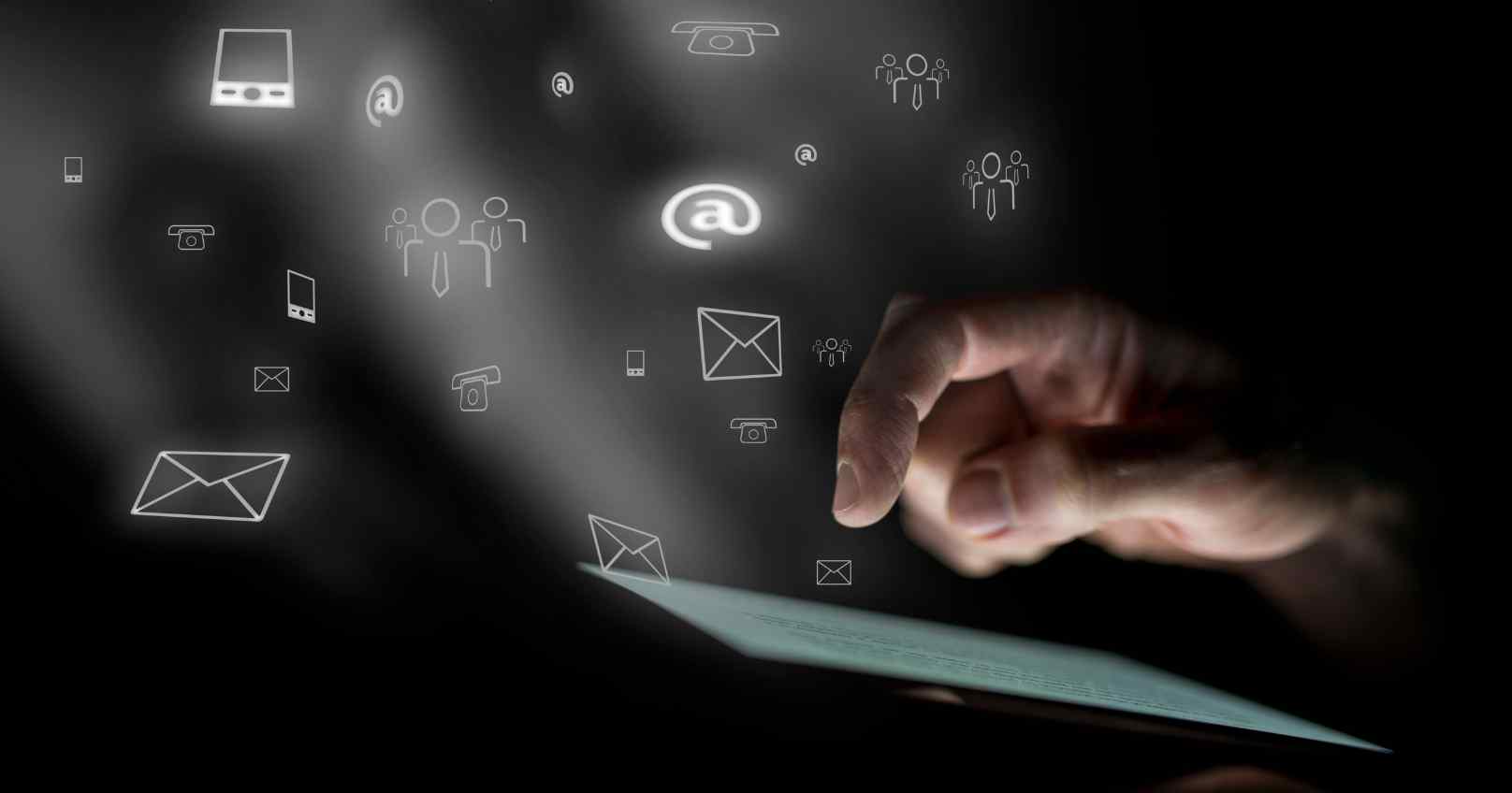Navigating the Future of Remote Work: Opportunities and Challenges Ahead
As remote work becomes increasingly prevalent, exploring its future entails understanding both its promising opportunities and the challenges it may bring
28-05-2024As remote work becomes increasingly prevalent, exploring its future entails understanding both its promising opportunities and the challenges it may bring
28-05-2024Remote work, once considered a novelty, has now become a mainstream trend reshaping the landscape of modern employment. As technological advancements continue to facilitate seamless communication and collaboration, businesses and employees alike are exploring the possibilities and implications of a remote work future. While this shift offers numerous benefits, it also presents challenges that must be addressed to ensure its long-term viability.
One of the most significant advantages of remote work is its potential to enhance flexibility and work-life balance. Employees no longer need to adhere to rigid office hours or commute long distances, allowing them to structure their work around personal commitments and preferences. This newfound flexibility can lead to increased job satisfaction, productivity, and overall well-being.
Moreover, remote work opens up opportunities for companies to tap into a global talent pool. By eliminating geographical constraints, organizations can access a diverse range of skilled professionals, regardless of their location. This not only fosters innovation and creativity but also enables businesses to remain competitive in a rapidly evolving market.
Additionally, remote work offers environmental benefits by reducing the need for daily commuting and office space. With fewer cars on the road and less energy consumption in commercial buildings, remote work contributes to lower carbon emissions and a more sustainable future. As concerns about climate change continue to escalate, embracing remote work can play a significant role in mitigating its impact.
However, despite its potential benefits, remote work also poses challenges that must be carefully navigated. One of the most pressing issues is the blurring of boundaries between work and personal life. Without the physical separation of office and home, employees may find it challenging to disconnect from work, leading to burnout and decreased mental well-being. Employers must implement policies and practices that promote work-life balance and prevent employees from feeling constantly tethered to their jobs.
Another challenge associated with remote work is the potential for social isolation and decreased collaboration. While technology enables virtual communication, it cannot fully replicate the spontaneous interactions and camaraderie that occur in a traditional office setting. To address this, organizations must prioritize building a strong sense of community among remote teams through regular check-ins, virtual team-building activities, and opportunities for casual socializing.
Furthermore, remote work may exacerbate existing inequalities, particularly for those who lack access to reliable internet connection or suitable home working environments. To ensure equitable opportunities for all employees, organizations must invest in infrastructure and resources that enable remote work, as well as provide support for individuals facing technological or logistical challenges.
In conclusion, the future of remote work holds tremendous promise, offering benefits such as flexibility, access to global talent, and environmental sustainability. However, to realize its full potential, organizations must proactively address challenges related to work-life balance, collaboration, and equity. By embracing remote work as a transformative opportunity and implementing strategies to overcome its associated hurdles, businesses can create a more resilient, inclusive, and adaptable workforce for the future.


Litigation Before Adjudication-A Long Due Legal Mandate
Read More
As AI-generated art gains popularity, especially through tools that mimic Studio Ghibli’s iconic s
Read More
India’s fintech Self-Regulatory Organisations (SROs) are being reimagined as key policy influencer
Read More